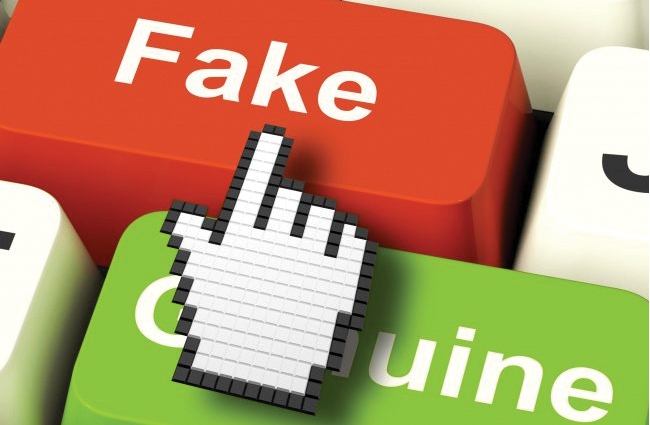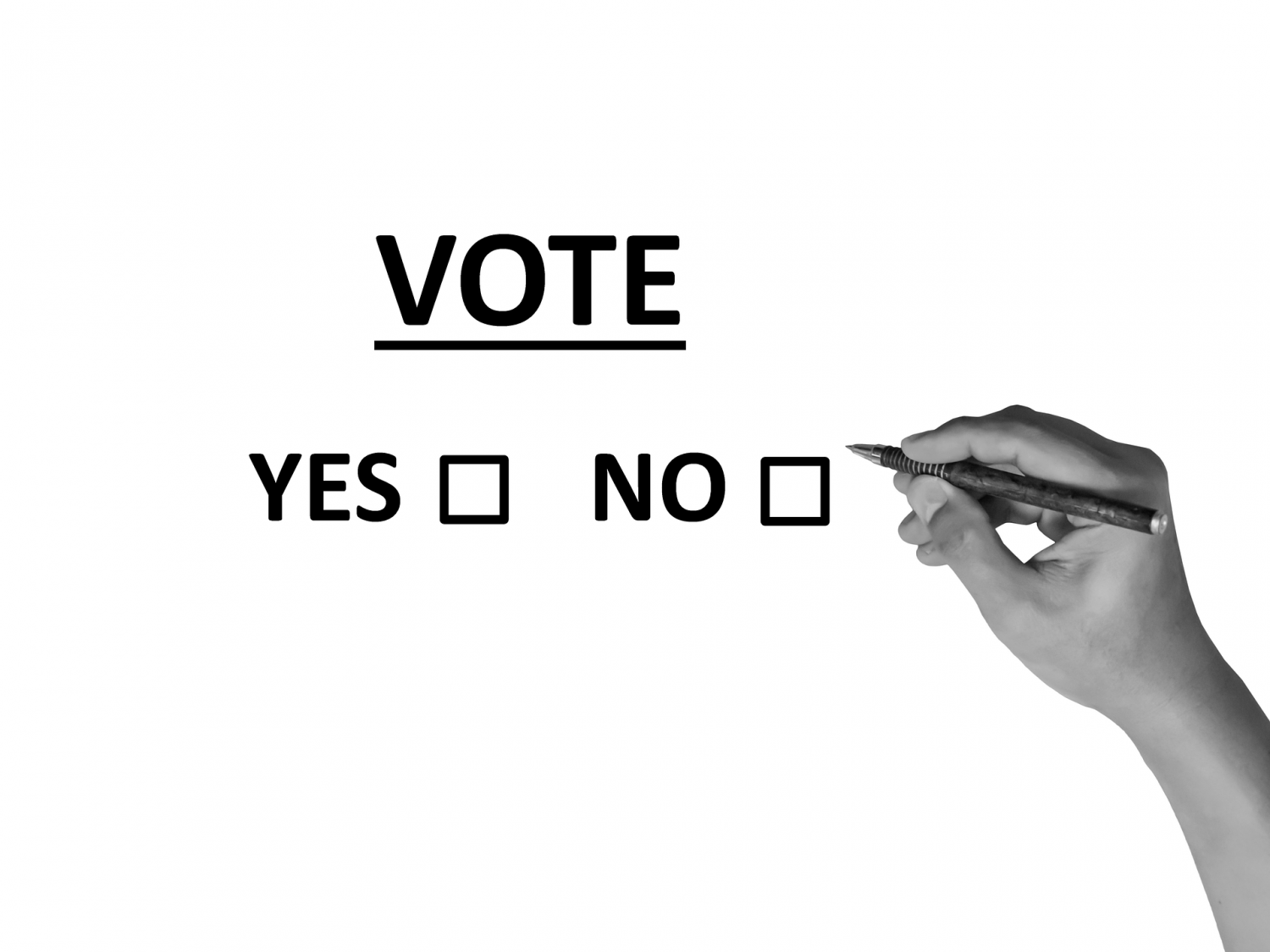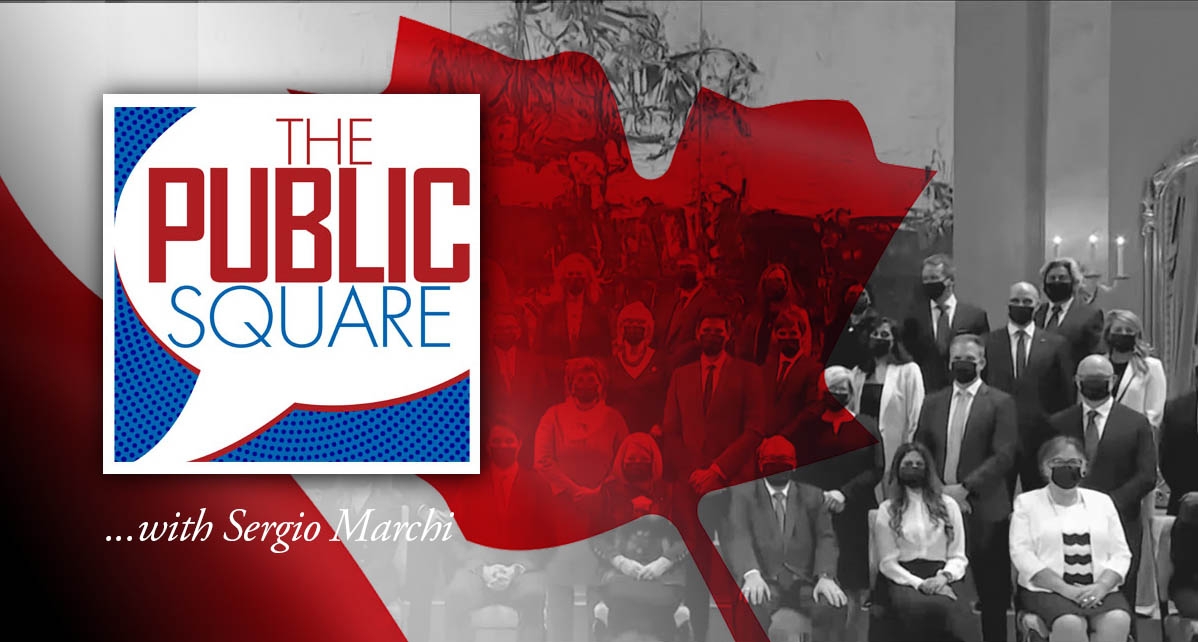
Canadian Fake News Hits Awards Circuit
By: Greg Vezina, President of the Democracy Channel®Inc. and leader of Ontario’s None Of The Above Party
Canadian media organizations and the journalists they employ say they have a responsibility to the public to hold politicians accountable, but many also proudly claim that responsibility doesn’t apply to their most basic obligation: to truthfully inform the public about our politics.
Canadian election studies have proven news and public affairs coverage, polls and debates as being the most important factors in campaigns, with a commercial value of many times the combined legal campaign spending limits of all parties and candidates.
Corporate and union contributions of any good or service that promote a candidate or party are illegal except “bona fide” news that provides “equitable” coverage to all. The major parties work with the old and new media, third parties and special interests to break these laws.
Most media regularly mislead the public in daily reports that indicate there are only three or four officially registered parties, when there are actually 21 registered parties in Ontario, and a similar federal number.
Local candidates and debates reports also exclude legitimate smaller party or independent candidates, except when partisan crowds applaud media coined “fringe” party candidates’ removal or threatened arrest for asking to speak at public debates.
CBC polling analyst and senior writer Éric Grenier’s website Threehunderedandeight.com offers extensive polling analysis. It concludes that parties and candidates excluded from polls have their votes reduced by 400 per cent, which alone is enough to prevent most from reaching the two per cent minimum vote needed to qualify for public subsidies.
Research from Columbia Journalism Review indicates the mainstream media spreads as much, if not more, partisan and false political news as any social or new media organization (or alleged Russian interference).
 The Canadian Fake News and True News Awards were announced recently in 10 categories: private and public radio and TV and educational broadcasters; print and online media; polling; and new media platforms, including news aggregators.
The Canadian Fake News and True News Awards were announced recently in 10 categories: private and public radio and TV and educational broadcasters; print and online media; polling; and new media platforms, including news aggregators.
All awards were based on fake and true news media ‘political’ reports and polls, and social media nominations using the #FakeNewsAwards and #TrueNewAwards hashtags.
CBC and Torstar won three Fake News Awards and Torstar won one True News Award; Sun Media won two True News Awards; Bell Media/CTV and Global TV/Radio won one of each; and Éric Grenier won the Polling True News Award.
QP Briefing, Torstar’s provincial political affairs online media company, gloated about winning its Fake News Award, tweeting: “We, as a team, feel honored and humbled by this endowment. We'd like to thank our publisher and the press gallery for their support. We did it!”
The US military’s congressional report “Background to Assessing Russian Activities and Intentions in Recent US Elections” concluded in annex A, page 6, “In an effort to highlight the alleged ‘lack of democracy’ in the United States, RT broadcast, hosted, and advertised third-party candidate debates and ran reporting supportive of the political agenda of these candidates. The RT hosts asserted that the U.S. two-party system does not represent the views of at least one-third of the population and is a ‘sham.'”
Only the True News Awards winners gave coverage to smaller parties and independent candidates more than once or twice. That out of hundreds – if not thousands – of political news reports and polls.













